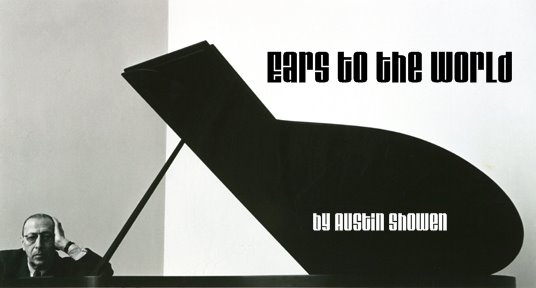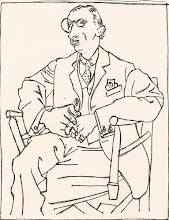Correctly, many sociologists consider Western society to be "post-Christian"--a label that leaves the church out of the picture. And I have to admit that I don't think that is necessarily a bad thing. After all, Christianity has dominated Western culture for the past thousand years with a dismal record of countless wars and religious and social intolerance--certainly, nothing to be proud of. Yet people just like me, despite the poor human rights record of the church, still keep going and actually still believe. Now, I can't speak for anyone but myself, but I know the reason why I still believe is that I think the central message of peace and social justice preached by Jesus is a very good one.
Even though the message of Christianity is wonderful, many Christians misinterpret and distort passages from the Bible to make Christianity into a divisive cult of fundamentalism--namely the right-wing evangelical movement. This brand of faith that pits religion against science and reason and "us against them", and it's that kind of thinking that distances people from the church. Just ask former evangelical leader Frank Schaeffer, who has written a book about his experiences in the movement called Crazy for God. In many of his writings featured on "The Huffington Post", Schaeffer exposes the movement for what it is: a hate-filled cult bent on making America into a fundamentalist theocracy.
With that said, and sparing more ranting about how much I hate the evangelical movement and believe it undermines Christianity, focus should be directed on how Christians can make the church relevant in today's society. I think the most important step in making the church relevant and practicing what we preach is taking church outside the confines of a sanctuary and redirecting toward a ministry dedicated to social justice and service in our communities and around the world. The United Methodist Church, of which I am a member, has already taken a big step in the right direction with its new "Rethink Church" campaign. The campaign, complete with a YouTube video, proposes changing church from a noun into a verb by "taking on secular projects" in order to spread a community of faith. This means providing for the poor and homeless, being an activist for social change, standing up for peace, and spreading a message of hope and love, not "convert or burn". Instead of sitting in church watching more or less empty rituals, Christians should be acting to promote human rights and welfare for all people.
All those who still call themselves Christians need to stand together against hate, war, and bigotry, and stand up for the rights of immigrants, the poor, GLBT Americans, women, and all others who find themselves oppressed or in need. As Christians in America, we need to move past our differences on issues like teaching evolution, abortion, and marriage and turn toward service through love. That, I believe, is the only way to keep Christianity relevant. I pray through God's grace that we will have the courage to become church "doers" instead of church "goers".

